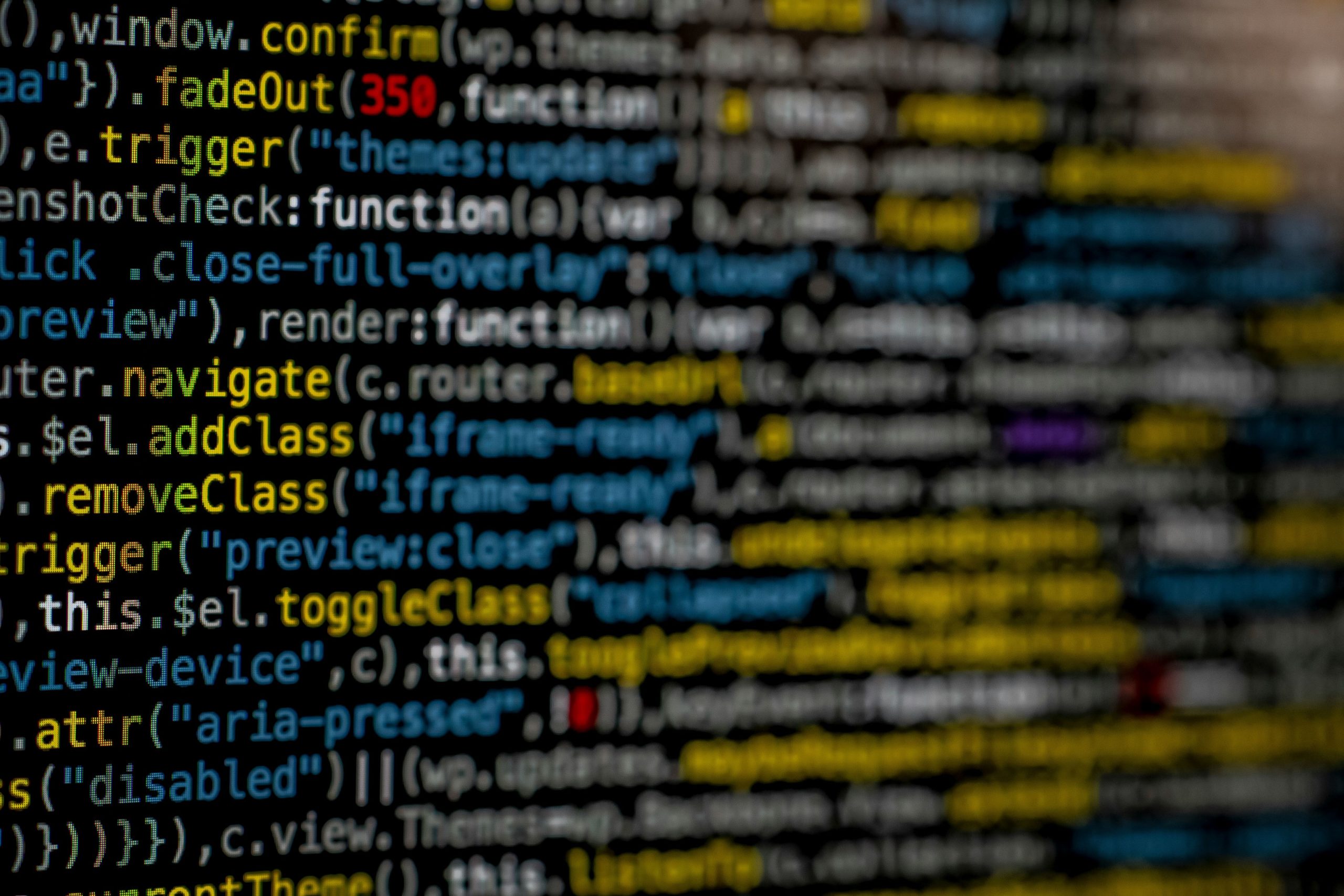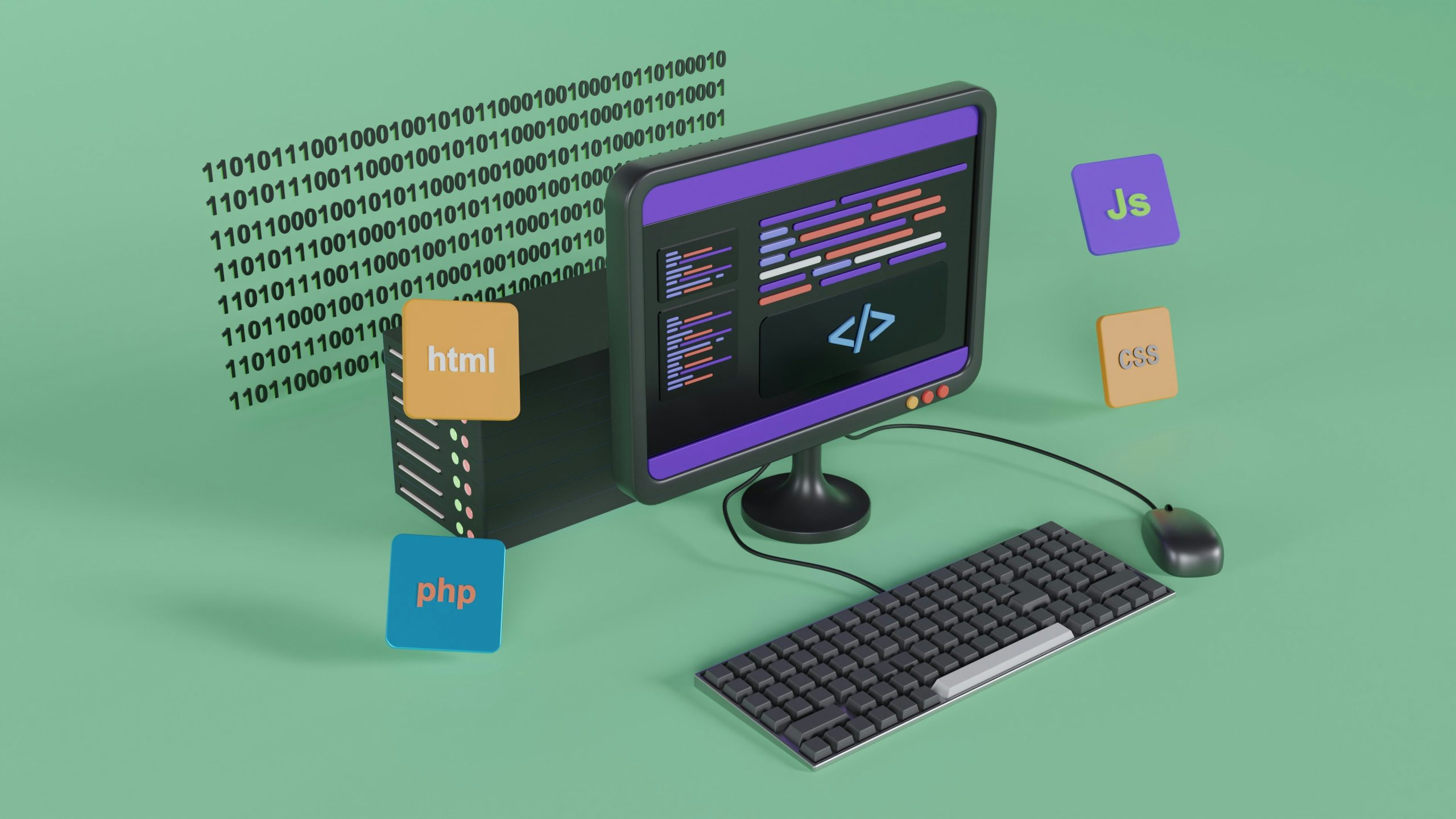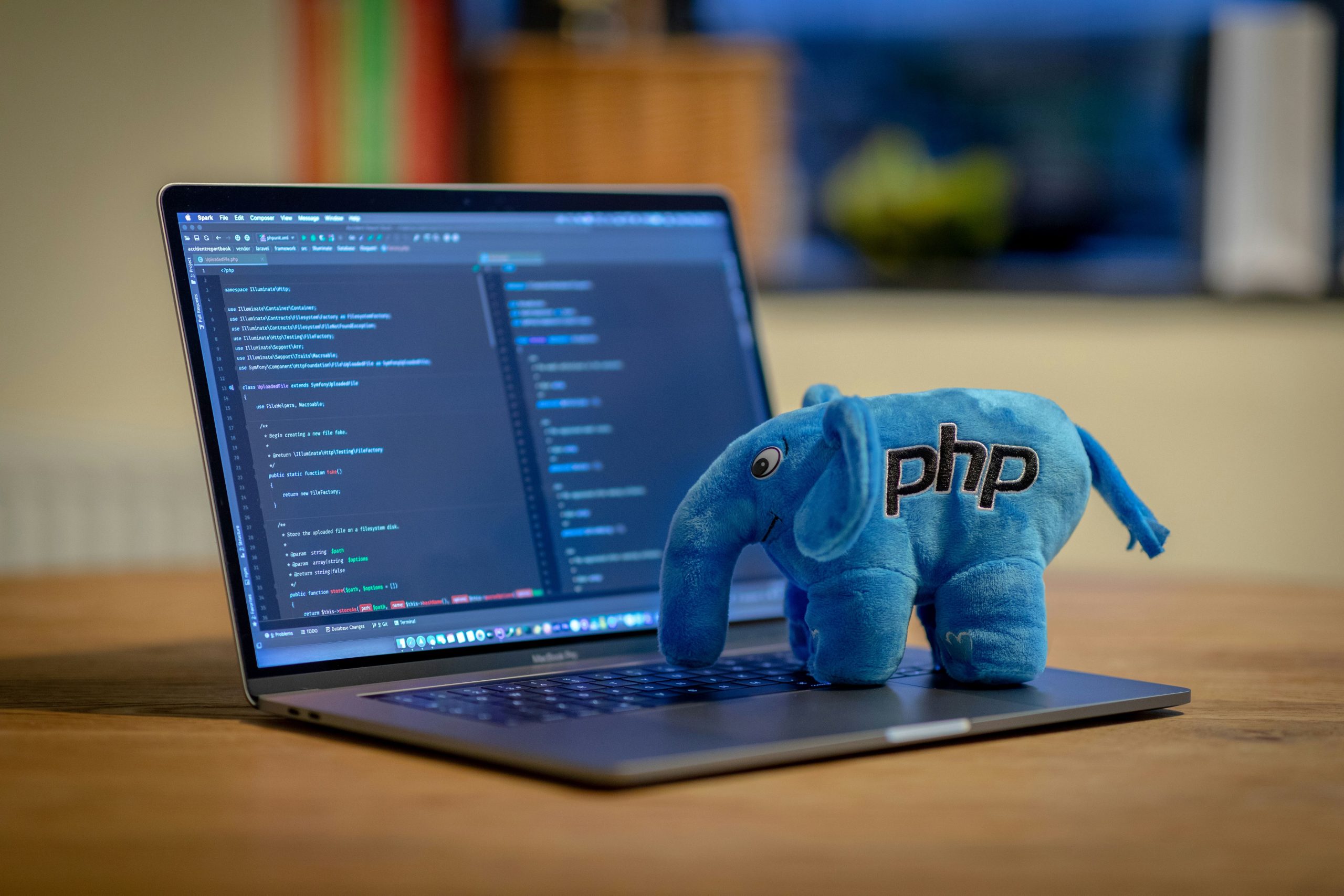In the intricate world of programming, global variables often serve as a double-edged sword—powerful tools for sharing data across functions and scripts, but also potential pitfalls that can lead to chaos if not managed correctly. Imagine sailing on a vast ocean where currents can shift unexpectedly; similarly, global variables in PHP can alter your code’s flow in unpredictable ways. Whether you’re a seasoned developer or just dipping your toes into the waters of PHP, understanding how to effectively manage these variables is crucial for maintaining clean, efficient code.
But what does it actually mean to update a global variable? Is it merely about changing its value, or does it involve deeper considerations related to scope and data integrity? In this article, we will unravel the nuances of updating global variables in PHP—from syntax specifics to best practices—ensuring you have the skills necessary to harness their power while avoiding common traps. Join us as we dive into this essential topic that sits at the intersection of convenience and caution in programming!
What are Global Variables?
Global variables in PHP serve as a powerful mechanism for managing data across different scopes within your application. By definition, they are accessible from any part of the script once declared, which allows developers to share information seamlessly across functions and classes. While this feature can simplify communication between various components of your code, it also comes with responsibilities; improper use can lead to hard-to-trace bugs and unexpected behaviors.
Consider the trade-offs between transparency and encapsulation when utilizing global variables. On one hand, they provide quick access to commonly used data points, fostering agility during development. On the other hand, excessive reliance on globals can introduce complexity and reduce modularity—potentially making debugging a nightmare as you add more functionality or when multiple developers are involved. To strike a balance, leverage global variables strategically: reserve them for constants or shared resources while keeping function-specific data contained within local scopes wherever possible. This approach enhances maintainability without sacrificing flexibility, allowing your PHP application to scale effectively over time.
 Declaring a Global Variable
Declaring a Global Variable
In PHP, declaring a global variable can often feel like opening a door to an expansive landscape of possibilities. At its core, a global variable is accessible from any part of your application after it has been declared outside of any function or class. This accessibility allows for seamless sharing of data across different scopes, which can simplify state management in complex applications. However, while harnessing the power of globals can enhance functionality, it also requires careful consideration to avoid conflicts and maintain clean code practices.
To declare a global variable effectively in PHP, simply define it in the global scope using the `global` keyword within functions that seek to modify or access this shared data. Yet, be mindful—overusing globals can lead to tangled dependencies that make your code harder to debug and maintain over time. A more modern approach encourages encapsulation; consider leveraging classes or even dependency injection where appropriate. This not only fosters better organization but also creates more predictable environments as you manage application state without relying heavily on the allure of global variables alone. Overall, while globals are powerful tools at your disposal, thoughtful implementation is key to maintaining clarity in your development process.
Accessing Global Variables in Functions
In PHP, global variables can often feel like a double-edged sword—while they offer flexibility in accessing data throughout your application, their misuse can lead to unexpected side effects and maintenance headaches. When inside a function, the key to accessing global variables lies in using the `global` keyword. This simple declaration pulls the variable from the global scope into the local context of your function, allowing you to manipulate it directly without passing it as an argument.
However, there’s more than one way to approach this concept that can enhance code clarity and maintainability. Consider leveraging arrays or objects instead of relying heavily on plain global variables; this encapsulation allows for better organization and reduces potential naming conflicts. By structuring your data appropriately, you can easily pass around references to these collections without cluttering the global namespace—making your functions cleaner and more reusable.
Furthermore, be mindful of PHP’s superglobals like `$_SESSION` or `$_POST`. Utilizing these built-in structures not only provides access to essential application state but also aligns with established best practices for managing data flow. By consciously choosing how you access and modify variables within functions, you’ll cultivate a robust codebase that not only functions well but is easier to read and maintain over time.
 Updating a Global Variable Inside Functions
Updating a Global Variable Inside Functions
When working with global variables in PHP, a common point of confusion arises when trying to modify their values inside functions. By default, variables defined outside the function are not accessible within its scope unless explicitly declared as global using the `global` keyword. This allows you to tap into and manipulate the value of a global variable without creating local copies, but it can lead to unexpected behaviors if you’re not careful with your modifications.
However, relying too heavily on global state can introduce complexity and reduce code maintainability. As you update these variables throughout different parts of your codebase, tracking changes can become challenging—especially in larger applications where multiple functions might affect the same variable simultaneously. To mitigate potential pitfalls associated with direct modifications, consider making use of encapsulation by passing the variable as an argument or returning updated values from functions instead; this not only enhances clarity but also fosters better functional programming patterns.
In addition to avoiding tangled dependencies between functions and state management issues, embracing such practices encourages cleaner testable code. Writing unit tests becomes substantially easier when your functions do not rely on global states since they will produce predictable outputs based solely on their input arguments. Ultimately, while updating a global variable directly may seem convenient at first glance, opting for structured coding habits leads to more robust software solutions that stand the test of time.
Using the `global` Keyword Effectively
When utilizing the global keyword in PHP, it’s essential to grasp its scope and potential pitfalls. The global keyword allows a local function or method to access variables defined outside their immediate context, but it also entails certain risks. Unchecked usage can lead to code that is difficult to maintain and debug because it introduces implicit dependencies between parts of your codebase. Therefore, use the global keyword judiciously—limit its application only to truly necessary cases.
Consider adopting design patterns like dependency injection as an alternative strategy for variable management. By explicitly passing variables into functions instead of relying on globals, you not only enhance readability but also foster more modular and testable code. This shift encourages developers to think critically about data flow within the application, improving long-term sustainability and robustness while simultaneously avoiding unexpected side-effects associated with global state changes. Ultimately, while the global keyword has its place in quick scripts or legacy systems, prioritizing clearer coding practices can lead to better architecture and greater collaboration among team members.
 Conclusion: Mastering Globals for Better Code
Conclusion: Mastering Globals for Better Code
In the world of PHP programming, mastering global variables can significantly enhance your code quality and efficiency. Once you understand the intricacies of using `global`, you unlock a powerful tool that aids in maintaining state across functions and scripts without cluttering the namespace. However, it’s crucial to wield this power judiciously; over-reliance on globals can lead to spaghetti code that is difficult to debug and maintain. Instead, consider encapsulating related functionality within classes or leveraging dependency injection, which promotes modular design while minimizing side effects.
As you refine your approach to variable scope in PHP, don’t forget the agility of alternative solutions like static properties or constants that can serve similar purposes with clearer intentions. These strategies not only improve readability but also foster collaboration among team members who may struggle with understanding how a plethora of globals interact within complex projects. Ultimately, mastering globals isn’t just about knowing how they work—it’s about integrating them wisely into your coding practices for streamlined and sustainable development. Seek balance between flexibility and clarity to ensure that your code remains maintainable as it grows and evolves over time.


